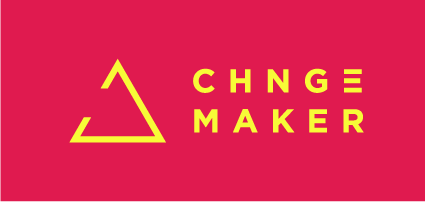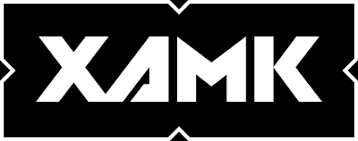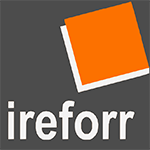Learn Circular Skills
“Like all major transitions in human history, the shift from a linear to a circular economy will be a tumultuous one. It will feature heroes and pioneers, naysayers and obstacles, and moments of victory and doubt. If we persevere, however, we will put our economy back on a path of growth and sustainability. “
Frans van Houte

The European Commission adopted an ambitious Circular Economy Package, that will help stimulate Europe’s transition towards a circular economy, foster sustainable economic growth and generate new jobs. The Package consists of an EU Action Plan for the Circular Economy that establishes a program of action, aimed to “closing the loop” of products through recycling and re-use.
Small-medium
enterprises
Unemployed
people
Vocational Education and Training employees
What is Circular SkillS
CIRCULAR SKILLS understands, that this is a multi-faces challenge. For the economy to become truly circular, all stakeholders need to get involved: public authorities, businesses, trade unions, civil society and especially educators and trainer. We want future educators to be able to combine circular economy expertise with their own competence. We believe that when today’s learners are ready to enter employment, the circular economy will be the only way of operating.
The Method
The sustainable use of the results is crucial for CIRCULAR SKILLS. Collecting and documenting the methodology in training modules is considered by the partnership as a first step. The methods will be the source of the curriculum. Since the results are relevant for all education sectors and provide pathways for the recognition of the importance of circular life skills will be explored for access programmes. The project will have established links with researchers and innovative thinkers in Universities within and beyond the EU.
The Project
CIRCULAR SKILLS will be
combined out of three phases.
Desktop-Research
The first phase was a desktop-research on identifying smart practices in teaching and applying circular economy principles.
NeedS Assessment
Parallel a need assessment was launched to understand the demands of the education provider and the learners in the partnership countries. The results were presented at Transnational Meetings and resulted in an assessment system for smart practices, suited for the self-assessment of educators.
Training Modules
The collected practices were reviewed and used to co-design training modules:
- helping SMEs to adapt to the main aspects of the circular economy,
- focused on learners, providing them with the skills to apply circular economy principles in their work life,
- helping socio-economic disadvantaged learners to gain the skills to start their own businesses.
The OUTPUTS
CIRCULAR SKILLS produced the following products.
Training Modules
The teaching guide contains non-formal educational tools and activities that can be used to teach circular economy skills to different learners: Future business owners, Vocational education learners, Future employees, Entrepreneurs, and Beginners.
Self-assessment Grid
The self-assessment grid is a tool created to analyse how much a teaching experience embeds a circular economy skills approach. It is supposed to be used by Vocational education providers.
Handbook
The Guide to teach circular skills in VET education contains information about the circular economy situation in Europe, the specific needs in education, and presents some examples of circular economy business around Europe.
Web-Based Interactive Database
In the following tabs we have listed some resources that explain Circular economy at European and country-specific levels.
- European Green Deal
- Closing the loop – An EU action plan for the Circular Economy COM/2015/0614 final
- Conceptualizing the Circular Economy: An Analysis of 114 Definitions
- Explaining the Circular Economy and How Society Can Re-think Progress | Animated Video Essay
- Towards Circular Economy – A Comparative Analysis of the Countries of the European
- Resource Efficiency and Circular Economy in European SMEs: Investigating the Role of Green Jobs and Skills
- Circular Economy Strategies and Roadmaps in Europe, Identifying synergies and the potential for cooperation and alliance building Final Report
- Circular Advantage. Innovative Business Models and Technologies to Create Value in a World without Limits to Growth
- CIRCULAR BUSINESS MODEL DESIGN GUIDE
- Conference – Driving towards circularity
The Partnership
Circular Skills is a project created through a strategic partnership between six countries: Sweden, Finland, Germany, Italy, Poland, Slovakia and wants to become a reference point for the countries involved on a central theme such as the circular economy to seize the opportunities of the “circular advantage”.






